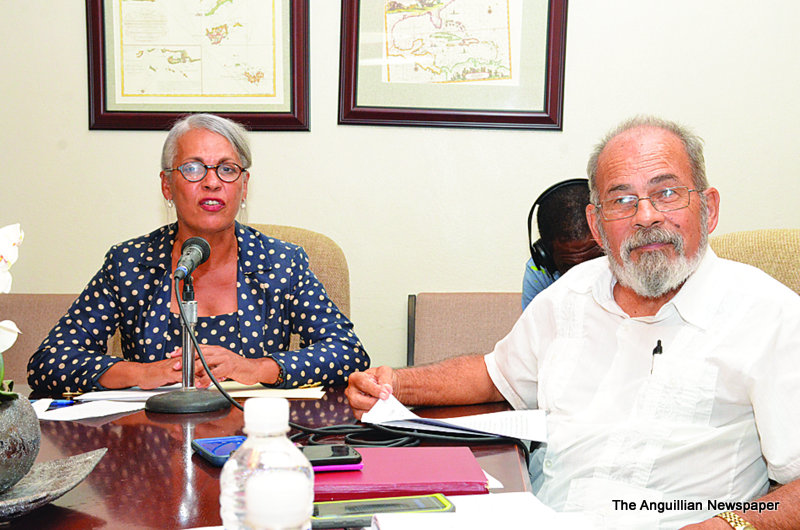There appears to have been little or no involvement of the people of Anguilla in the one-page Constitution that set out the governance of the island in the dark days from July 1967. Even subsequent early versions and amendments over the years, up to 1990 did not see any serious inclusion of the Anguilla population. The attempts at constitutional and electoral reform from 2000 upwards, by different commissions showed a better representation of the views of the people of the island through various public consultations but, unfortunately, nothing tangible resulted from these attempts at reform.
It took almost 20 years later, in the first half of 2019, for some real progress to have been made on constitutional and electoral reform with the coming into effect of some portions of a new constitution and election arrangements which, today, are still subjects of criticism. What we are now witnessing is what appears to be a second approach to the drafting of a new overall constitution involving teams from the United Kingdom, the Anguilla Government, the Leader of the Opposition, Leaders of political parties, the Bar Association and individuals. (See press statement from the Ministry of Home Affairs published elsewhere in this edition of The Anguillian newspaper.)
It is understood that several persons at Tuesday’s constitutional conference held on to their varied opinions at first but, according to the Ministry of Home Affairs press statement, common ground was eventually reached on a number of matters. Notwithstanding this, there was a lack of consensus “on other provisions such as fundamental rights and freedoms of the individual, protection from discrimination and the right to marry, where traditional Anguillian values and what is becoming international norms, were at variance.”
The statement did not go into details on the question of the right to marry, but it is understood that some of the persons at the discussions did not see marriage as a union just between a man and a woman. The veiled story is that consideration was advanced to accommodate same sex marriage as a right for persons inclined to that life-style, persuasion and practice – an international norm that does not take into account Anguillian values.
Same sex marriage, in Anguilla and the other Overseas Territories, is a matter that was recommended to the UK Government by the Foreign Affairs Select Committee in the House of Commons which scrutinises the work of the Foreign and Commonwealth Office. A response by Lord Ahmad was that the UK Government would not enforce that requirement on the people of the territories as it was a matter for them to decide on.
There are bound to be various other matters on which the teams and individuals participating in the constitutional conference will not find common ground, and may put aside for further discussions later on. The truth is that while they seek to be the framers or authors of the new Anguilla Constitution, final agreement and acceptance lie with the people of the island, rather than accepting something forced on them. It is really for this reason that the public consultation was arranged for Wednesday this week. Over the past consultations, Anguillians have not been coming out in their numbers despite various appeals by the Ministry of Home Affairs. It is in their best interest, and the future of Anguilla, that they become involved in the constitutional process which will help to define them as a people who take their governance seriously.
What is needed in Anguilla is a people’s constitution in which their views are taken into account – and in which they are the virtual architects to whom the framers and administrators are responsible. We have moved considerably forward from 1967, and the years that followed, when constitutional and governance issues were haphazard and perhaps even dictatorial. Inclusion of the views of the people, now and always, is an all important, democratic and universal matter.








